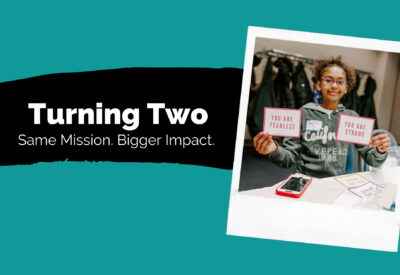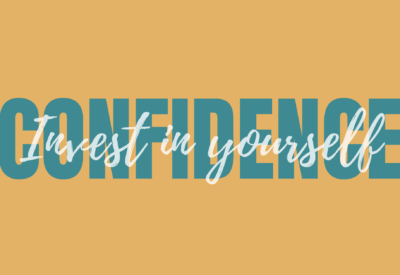I didn’t know I had to buy books.
As a first-generation college student, I was unaware of higher education’s hidden necessities and fees. Without a safety net and with a slim wallet, I had to acquire the books I needed by scouring the library or buying one at a time – cheaper, older versions than the ones requested by professors. My professors’ annoyance was palpable to me when I could not find the correct pages in class. I was a working class kid in an unfamiliar have environment. I was desperate to conceal that fact, but the minute detail of differing pagination exposed me.
Not having the “right” books or enough money solidified shame inside. I came to see my “shortcomings” as proof positive that I did not have the capacity to craft the life I hoped for. Indeed, the odds felt stacked against me, and the lens through which I viewed my value was one of deficit. In short, I did not like myself and felt like I did not belong.
Symptoms of this dislike emerged in my academic performance and my social and personal choices. I maintained average grades. I skipped class to hang out with friends. My actions aligned with my perceived less than value.
About half way through undergrad, I began to take literature and history classes that not only sparked my intellectual curiosity, but also forced me to go to the library even more. The reading load increased, so my strategic, pre-Amazon Prime book-purchasing scheme could not keep up with the demand. I had to set up shop in a remote, dusty corner behind the library stacks and read the material there.
The more I spent time there, the more the space became my own. The more I perused the books, the more I felt a childhood familiarity spring up out of fallow soil (one of my earliest memories is being at the local public library with my mother).
The more I paid attention to the infuriating relational nuances of Hawthorne’s “The Scarlet Letter”, the genius of Emily Dickinson’s poetry, and the controversial conversation about the true cause of the American Civil War, the more I discovered my gifts for critical thinking and writing.
Pivotal, though, was my recognition of the diligence and dogged persistence instilled in me by where I came from. No, there wasn’t a lot of money. But there was a lot of “dig-in-and-do-it” because that’s the only way or no way. Talk about priceless work ethic. All I had to do was what my mother had given me long ago: open free, used books – and keep doing it every day.
Doing so allowed me to open myself up to embracing who I am. There, among the titles and ISBNs and genre categories that I once perceived to be reminders that I didn’t have enough – that I wasn’t enough – I found my power. I found the power to love my story, and in turn, love myself.
I chose each day thereafter to love myself enough to rise up and go to graduate school for the highest degree possible. I took what once felt shameful and sculpted it into light to guide me. I spent hundreds of hours in the library – right where I belonged.
The odds may have been stacked against me, but the books were stacked for me. Self-love, to me, is about innovative reinterpretation. We must reinterpret that which we perceive to be our greatest downfall to be our greatest asset. Let me conclude by reinterpreting the sentence I started with. I didn’t know I had to buy books, and I’m so grateful I didn’t know.
Contributor Writer Sarah Traphagen, Ph.D. earned a B.A. with honors from Niagara University, M.A. from the State University of New York at Buffalo, and Ph.D. in English from the University of Florida. She is an award-winning educator, having taught English at the college level and in private secondary schools. Committed to empowering young people, she is a certified life coach for teen girls and college access advisor/mentor to students in need.
Nominate someone in your life for the ‘Love Your Story’ campaign by Self Love Beauty! This campaign is for both male and females as we believe everyone has an important story to share! Click here to nominate a male or female in your life who should be sharing their story on our platform.







